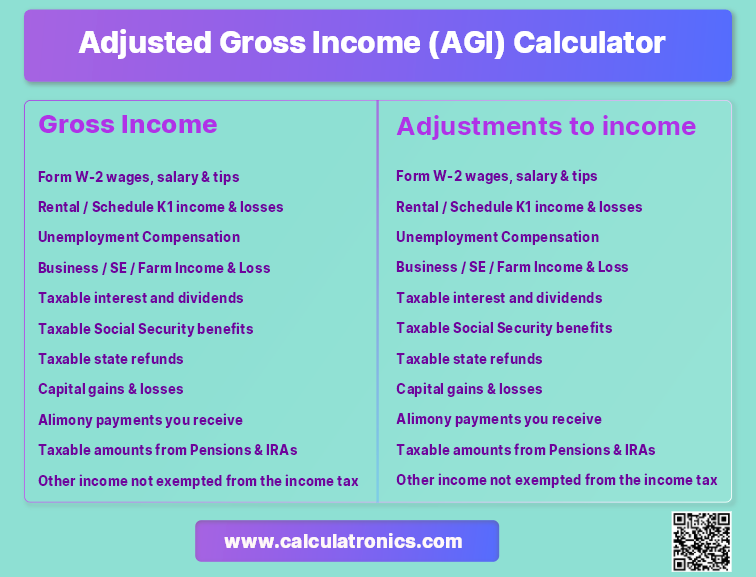How to Increase Your State Tax Benefits.
- Filing status impacts tax obligations – choose carefully based on circumstances
- Earned Income Tax Credit reduces taxable income for lower incomes with dependents
- Child Tax Credit offsets child-raising costs like childcare and education
- Traditional IRAs allow pre-tax contributions to lower taxable income
- Roth IRAs enable tax-free earnings accumulation
- Compare standard vs. itemized deductions to maximize tax benefits
- Child and Dependent Care Credit helps with childcare costs
- Educational credits cover eligible education expenses
You receive your eagerly awaited paycheck, anticipating the satisfaction of your hard-earned money. Yet, as you glance at the figures, you notice a considerable deduction in the form of state taxes. As an experienced tax and finance expert, let me assure you that understanding state taxes and exploring tax-friendly states is essential for optimizing your financial well-being. In this comprehensive guide, we will delve into the intricacies of state taxes, with a focus on leveraging tax benefits and planning for a prosperous financial future.
Decoding Filing Status: Your Key to Tax Optimization
Determining your filing status is a pivotal factor that influences your state tax obligations. Whether you are single, married filing jointly, married filing separately, or head of household, each status carries distinct tax implications. Selecting the appropriate filing status allows you to maximize tax benefits based on your unique circumstances and family dynamics.
Unveiling the Power of Tax Credits
Embracing the Earned Income Tax Credit (EITC)
The Earned Income Tax Credit is a refundable credit designed to support individuals with lower incomes and qualifying dependents. By reducing your taxable income, this credit can potentially lead to a larger tax refund. Understanding the eligibility criteria, and income thresholds, and determining if you have qualifying children will help you unlock the full potential of the EITC.
Harnessing the Benefits of Child Tax Credits
For parents, the Child Tax Credit serves as a valuable tool for reducing state tax liabilities. This credit offsets the costs associated with raising children and covers eligible expenses such as childcare and education. By optimizing your knowledge of the qualifying expenses and strategies for maximizing this credit, you can effectively reduce your state tax burden.
Mapping Your Financial Future: Optimizing Retirement Contributions
Securing your retirement while utilizing tax benefits is a savvy financial move. Traditional Individual Retirement Accounts (IRAs) allow for pre-tax contributions, resulting in a lower taxable income and potentially reduced state tax liability.
Alternatively, Roth IRAs enable tax-free accumulation of earnings. By comprehending the advantages of each option and making informed contributions, you can make significant strides toward a financially stable future.
The Deduction: Choosing Wisely
Standard Deductions
Standard deductions offer a simplified approach to tax filing, potentially increasing your tax refund. Each filing status has its own standard deduction amount. Determining the applicable standard deduction can translate into valuable tax savings, ensuring you make the most of your state tax benefits.
Itemized Deductions
Itemized deductions empower you to deduct specific expenses, such as mortgage interest, medical expenses, and charitable contributions. It is crucial to evaluate whether your deductible expenses exceed the standard deduction amount to maximize your tax benefits. By carefully considering the benefits of itemizing deductions, you can make informed decisions and optimize your state tax liability.
Nurturing the Benefits of Dependent Tax Credits
If you have dependents, various tax credits can nurture your state tax benefits. The Child and Dependent Care Credit assists with childcare expenses, while educational tax credits aid in covering eligible education costs. Familiarizing yourself with the eligibility criteria and requirements for these credits will help ensure you receive the maximum benefit available.
Bottom Line
I emphasize the importance of understanding state taxes and exploring tax-friendly states for financial optimization. By grasping the intricacies of state tax laws, determining the optimal filing status, leveraging tax credits, maximizing retirement contributions, selecting the right deductions, and utilizing dependent tax credits, you can reduce your state tax liability and unlock valuable tax benefits.
Remember to consult with a tax professional or financial advisor to tailor these strategies to your unique circumstances. Together, we can navigate the complex world of state taxes and pave the way for a financially prosperous future.



